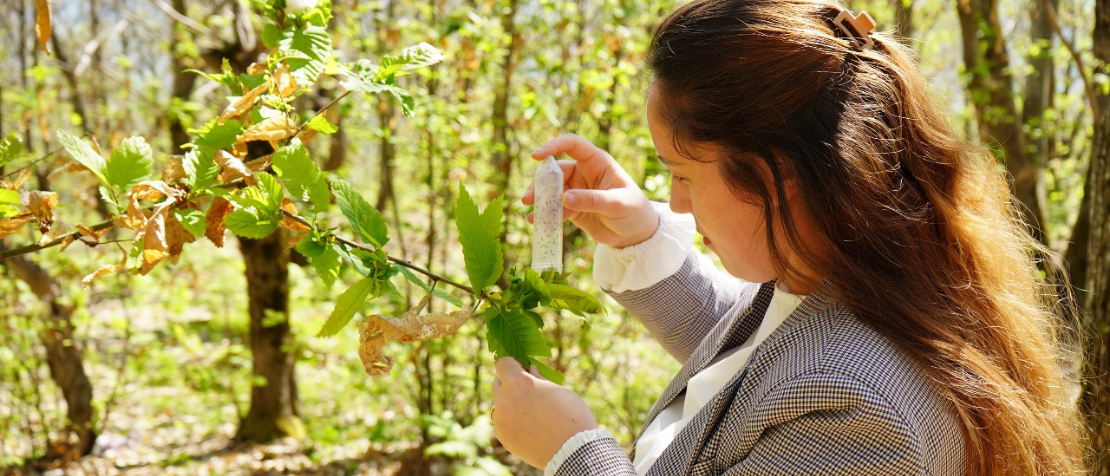FAO initiative transforms Albanian chestnut value chain through innovation

©FAO
In the picturesque landscape of northern Albania's Tropoja region, nestled within the expansive chestnut forest massif, an ambitious initiative is taking shape. The chestnut sector is now the focus of the One Country One Priority Product (OCOP) programme of the Food and Agriculture Organization of the United Nations (FAO).
The programme is a global FAO initiative that helps countries identify and then leverage the potential of special agricultural products to facilitate improved access to stable markets and acting as a key entry point for reaching their defined priorities. Special Agricultural Products are those which are unique to their agroecological production systems or of importance to national or cultural heritage.
In Tropoja, FAO is leading an initiative, funded by the Government of the United Kingdom in partnership with Albania's Ministry of Agriculture and Rural Development and the local government, to revitalise Albania's chestnut sector, empowering local communities and fostering economic growth in rural and mountainous regions.
The One Country One Priority Product initiative has introduced a biological control programme targeting the main chestnut pest, the Asian chestnut gall wasp, which is the cause of reduced chestnut production. Field visits have been organized to monitor pest activity and evaluate the effectiveness of beneficiary insects in combating the threat. A significant milestone was reached with the inauguration of an insect breeding laboratory in Bajram Curri by FAO, and the insects reared at the laboratory are continuously released in different locations where the majority of chestnuts are infected. This experience of this methodology means that the treatment procedure can be implemented in other municipalities of Albania, where chestnut has high potential for rural development in mountainous and disadvantaged areas.
Another aspect of this initiative addresses rural development needs. Following a thorough assessment, the FAO project selected the Chestnut Hill Agritourism in Tropoja to be the beneficiary of support for improved cold storage capacity. The business is led by a very young entrepreneur, located at a very remote area but it works within a strong network of local farmers and other stakeholder related to rural development. In Albania, where rural communities are struggling and need to encourage youth to embrace agriculture and rural lifestyles, agritourism is a new and a very important phenomenon, and it is considered as significant tool and policy approach to revitalize rural economies.
The project has also established two demonstration plots, one in Markaj and one in Lekbibaj, each spanning 10 000 square meters. These demonstrative plots are training sites for showcasing best practices in silviculture and pest disease management. Through the implementing silvicultural measures to enhance chestnut tree vitality and employing biological control techniques for chestnut blight canker, the project aims to bolster chestnut production while protecting the long-term health of forest ecosystems.
As the project is progressing rapidly, the FAO One Country One Priority Product initiative underscores the pivotal role of collaboration, innovation, and community empowerment in catalysing agricultural transformation. By facing sectoral challenges head-on and leveraging strategic development options, the initiative seeks to accelerate sustainable growth and resilience within Albania's chestnut sector, concretizing the way for the future of rural communities nationwide.
One Country One Product (OCOP) webpage
Regional Knowledge Platform on One Country One Priority Product (OCOP) in Europe and Central Asia — Albania
Sustainable chestnut production boosts rural development
Using one wasp to fight another: FAO establishes biological control plan to protect Albanian chestnuts
